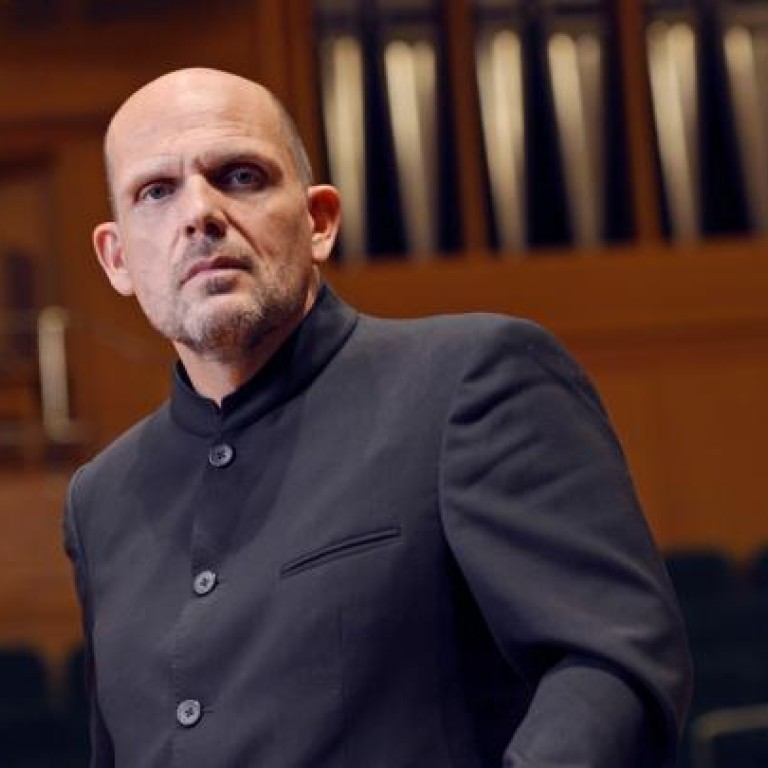
Jaap van Zweden puts fresh manpower into Mahler
The Mahler work alluded to in this concert's title was his Symphony No 1, Titan. There's some logic to being non-specific. Many posit that when you've heard one Mahler symphony you've heard them all. To wit: a recurrent interchange of artlessness, Austrian folk-song, chorales, wonderment in nature and a morbid obsession with death.
The Mahler work alluded to in this concert's title was his Symphony No 1, . There's some logic to being non-specific. Many posit that when you've heard one Mahler symphony you've heard them all. To wit: a recurrent interchange of artlessness, Austrian folk-song, chorales, wonderment in nature and a morbid obsession with death.
Anticipating a conductor's fresh stamp on Mahler's long, neurotic work often disappoints, but Jaap van Zweden clearly delighted Friday's audience with what he drew from a stage brimming with manpower.
The foot-stamping peasants that open the second movement with their rustic dancing exposed some seriously sinewy thighs. The strings dug deeper into their reserves of tone than they've probably ever done before, allowing them to slip easily into the ensuing snapshot of higher society life, tastefully balancing decorum with a touch of the louche.
The third movement's caprice, from funeral procession to a marching band knees-up, were given a softer than usual contrast, as though seen more through a child's wide eyes than a scarred adult's.
The finale proved an authoritative exercise in time management, with van Zweden applying the spurs, notably in passages that look backwards to previously stated material and threaten to impose structural stasis.
I had difficulty, however, with the rationale of the opening movement: dawn birds rubbing their eyes, chinks of light peeping through treetops, mysterious stirrings in the undergrowth - all sounded too awake too soon, as though the coffee pot had already been buzzing for half an hour.
Eighteen-year-old Chinese-American pianist Conrad Tao was the soloist in Mozart's Piano Concerto No21. Excellently partnered by the orchestra, he generated some wonderful subtleties of phrasing during the opening movement, a light-as-air sense of line in the next and a different glint in the eye for every few bars of the finale.
He played Liszt's Hungarian Rhapsody No6 as an encore with impressive panache and musicianship. The rapt attention and half smiles on the orchestra's faces said more than I can achieve in a few words here.
The buzz in the interval was how his mix of virtuosity, eccentricity and showmanship came in just the right proportions, notwithstanding the red socks.
